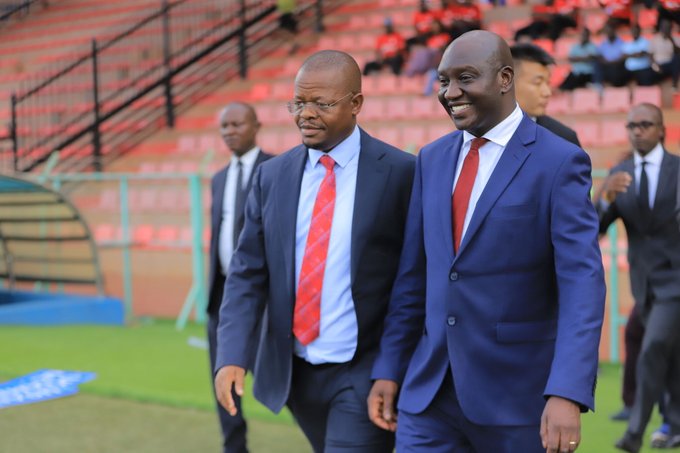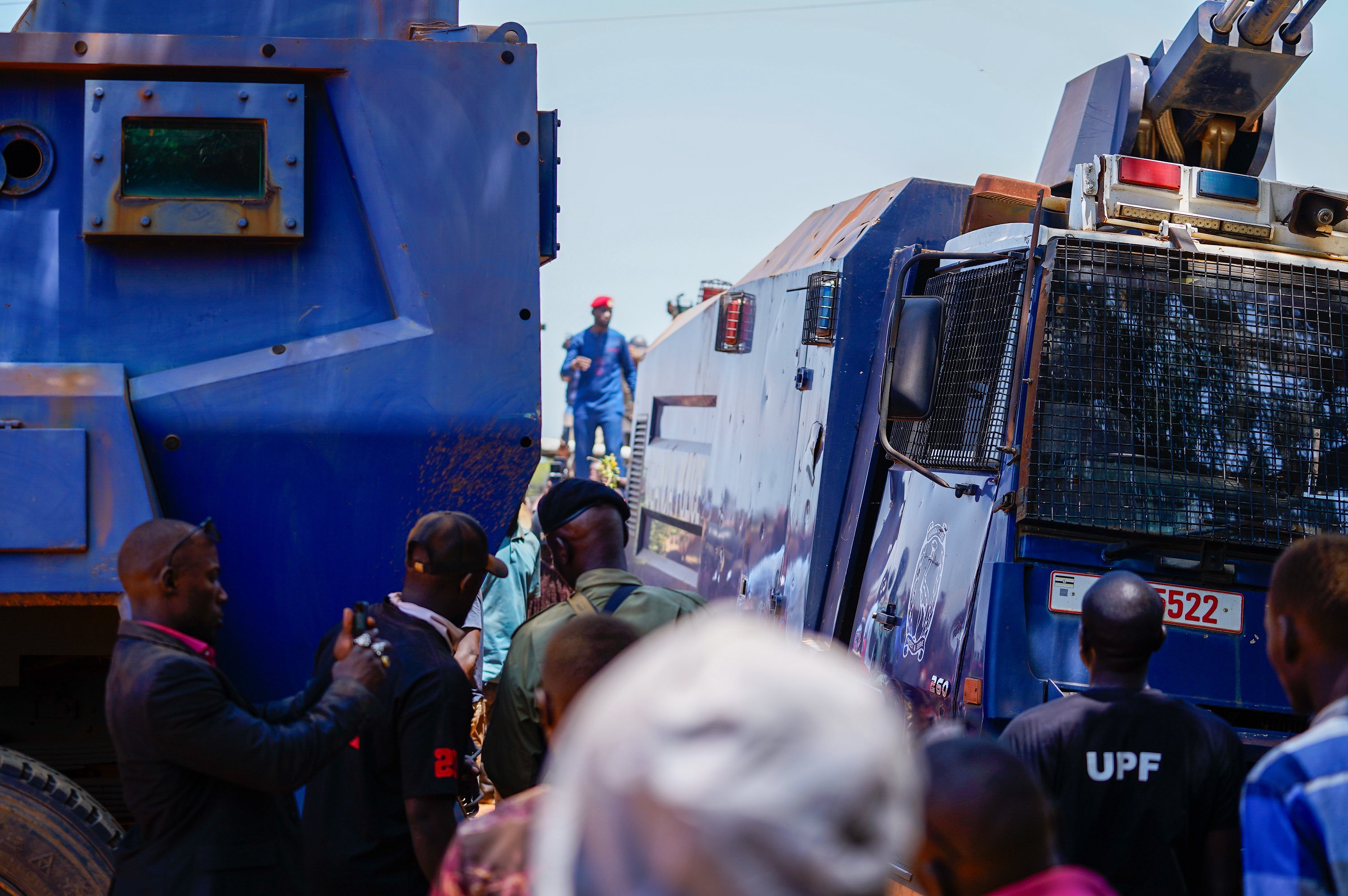Government defends UGX 165.4 billion loan to decentralize cancer care, combating high mortality rate
The total loan package includes €9.4 million (UGX 38.451 billion) from Unicredit Bank Austria for the Mbale Oncology Center, and US$36.50 million (UGX 126.981 billion) from the Islamic Development Bank (IsDB) designated for the construction of the Arua Oncology Center and supplementary radiotherapy equipment for the Mbale facility.

The Ugandan government and the Uganda Cancer Institute (UCI) have strongly defended the necessity of securing loans totaling UGX 165.433 billion, arguing that the funds are critical to decentralize specialized oncology services and tackle the alarming rate of 24,629 cancer-related deaths recorded annually.
The defense was mounted before Parliament’s Committee on National Economy by UCI Head of Research and Training, Nixon Niyonzima, and Minister of State for Finance, Henry Musasizi, as they sought approval for two major financing agreements aimed at constructing and equipping regional cancer centers in Arua and Mbale.
The total loan package includes €9.4 million (UGX 38.451 billion) from Unicredit Bank Austria for the Mbale Oncology Center, and US$36.50 million (UGX 126.981 billion) from the Islamic Development Bank (IsDB) designated for the construction of the Arua Oncology Center and supplementary radiotherapy equipment for the Mbale facility.
A Crisis of Access and Late Diagnosis
Niyonzima painted a grim picture of Uganda’s current cancer crisis, stressing that 75% of new patients die annually due to limited access to timely care.
“Every year, Uganda has 36,000 new cancer cases and unfortunately, 75% of those patients, about 24,000 die every year,” Niyonzima told the Committee. He noted that only about 25% of the estimated new cancer patients nationwide manage to access care at the centralized UCI in Kampala.
The geographical disparity in treatment access is stark, with Niyonzima revealing that 48% of patients accessing care last year were from the Central Region, where the UCI is located, compared to only 12% from the Northern Region (which includes Arua) and 15% from the Eastern Region (which includes Mbale).
“Now you may ask whether central region has more cancer patients than other regions, the answer is no, it is because of access,” Niyonzima explained, adding that the UCI is currently “underserving the rest of the country.”
80% of Cases Diagnosed at Advanced Stages
The need for decentralization is further underscored by dire screening and early detection statistics. Niyonzima revealed that 80% of patients currently seen at the UCI receive Stage 3 or Stage 4 advanced cancer diagnoses, which drastically limits the ability of medical staff to improve survival rates.
“We want to see at least 90% of the patients that we see come with stage one or two,” he said. “The only way we can do this is by decentralising cancer care.”
He argued that putting centers closer to the population is the only way to facilitate early detection, noting that people are unlikely to travel 500 kilometers from remote areas like Kisoro to Kampala for screening if they do not yet feel pain.
Minister: Loan Essential to Ease Burden
Minister of State for Finance, Henry Musasizi, echoed the UCI’s call, emphasizing that the increasing burden of cancer necessitated urgent investment.
“Limited availability of oncology services outside Kampala creates significant challenges, including geographical barriers, high patient congestion at UCI, long waiting times, and financial burdens on patients,” Musasizi stated.
He stressed that establishing regional centers would not only facilitate early diagnosis and treatment, improving survival rates, but would also reduce congestion at the main UCI, allowing it to focus on specialized care, research, and training.
Musasizi also addressed the difficulty in securing funding for cancer treatment globally, urging Parliament to seize the opportunity provided by the loans.
“There are few funders willing to invest in Cancer as a disease area because of its resource intensive nature… Therefore, any funding opportunity targeting cancer should be embraced and used in an incremental way,” he said.
Regional Partnerships and Capacity Building
The two projects are designed to alleviate cancer morbidity and mortality by improving access to comprehensive oncology services in West Nile and Eastern Uganda.
The plan involves not just construction and equipping, but also strategic partnerships to build sustainable human capacity. Niyonzima confirmed that the new centers would incorporate training and research facilities, working closely with regional universities and referral hospitals.
“In Mbale, we are working with Busitema University and Mbale Regional Referral Hospital and in Arua, we are working with Muni University, which has also provided the land,” Niyonzima said.
He added that the UCI intends to support Muni University as it establishes a medical training school, ensuring a robust pipeline of trained cancer care professionals outside of the capital.







